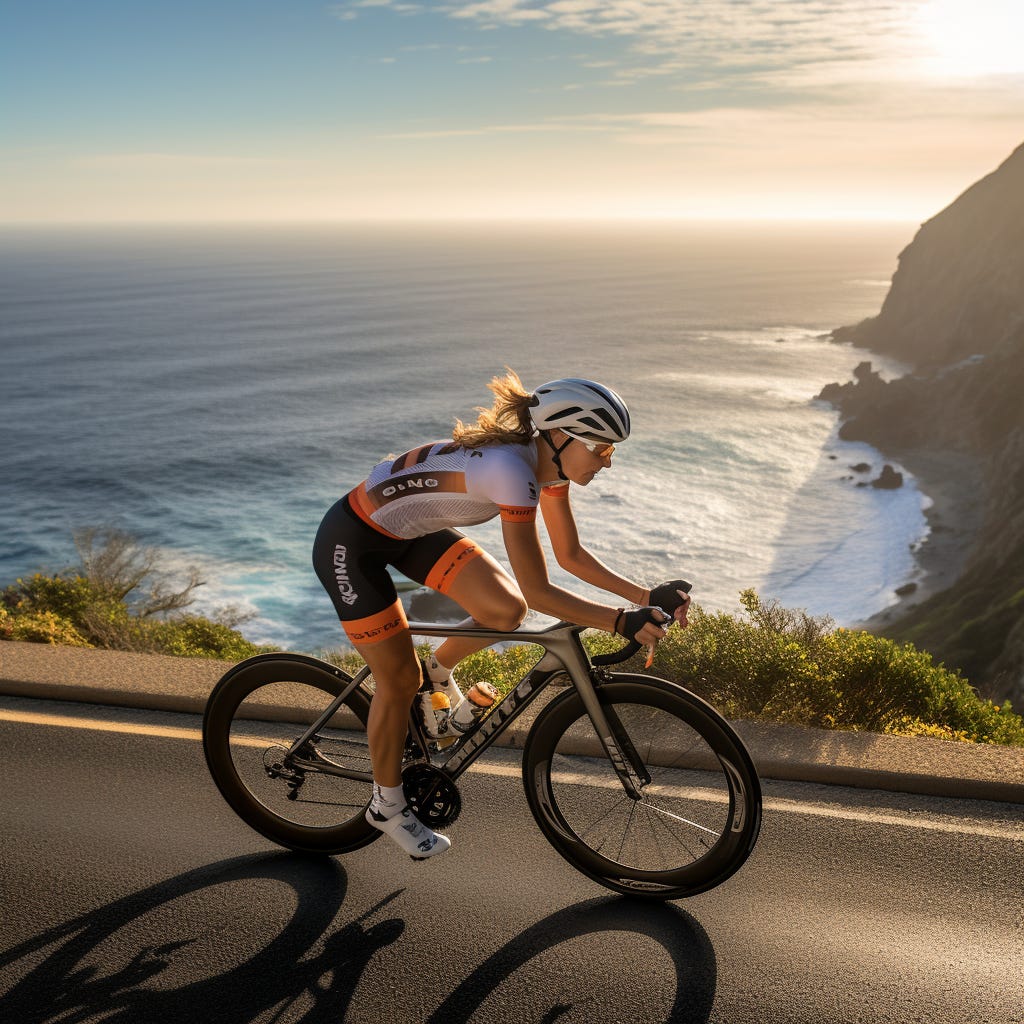Your Basic Week
Novice & Recreational Athletes
Today we will focus on a concept far more powerful than a single workout.
Your Basic Week
Repeat The Week
Before spending energy worrying about what to do, create a habit of doing.
Start by setting a Basic Week that you can hit, without issue, most every week.
Regardless of your Athlete Type, outline a weekly routine that fits into your existing life.
If you want to insert more training then you’ll have to remove habits and obligations from your existing life.
How long should you repeat the week?
I recommend you start with a 15 Week block (105 days).
See how many days (out of 105) you can hit your plan.
If you are seeing more than one missed workout per week then your plan is set too high.
Focus solely on workout completion.
Do not concern yourself with workout progression.
Once you’ve got 15 weeks of training under your belt, you’ll have a clear idea of:
The weekly volume you can absorb.
The workout frequency you can achieve.
Your training zones.
In short, you’ll be in a position to have a conversation with your coach, or yourself, about what’s feasible when it comes to specific workouts.
Create A Habit Of Doing
3/3/3 Consistent Training
Many years ago, John taught me about 3/3/3 training. It is a simple concept. Three sessions of each discipline, per week. We will show you how to lay it out.
Duathletes, single-sport athletes, marathoners who ride bikes… regardless of your sport, start by building frequent workouts into your week.
Keep the training schedule the same each week.
This has two main advantages:
You don’t use any mental energy figuring out what to do, and when to do it.
Your non-training life grows accustomed to your training schedule.
This lets you avoid THINKING and NEGOTIATING.
You stay focused on your #1 task.
Repeat The Week.
It sounds so simple, doesn’t it? Repetition is tough to deliver over long time horizons.
First and foremost because we are tempted into choices that screw up “tomorrow.”
Second, because the life of an athlete is outlier lifestyle.
Both John and I happen to live in places where it’s normal for athletes to train most every day. If you have people like us nearby, then bring them into your circle. PEERS and ENVIRONMENT have a direct impact on our training consistency.
We’re publishing this in the first week of July.
What’s your weekly workout frequency, year to date?
What’s your average weekly hours, year to date?
That’s your starting point.
The easiest way to build volume is to fill in the gaps. Paradoxically, gaps form by aiming for too much volume.
Your First Basic Week
What does it take to get ready for your first Standard Distance triathlon
1500m Swim
40 km Bike
10 km Run
Here you go…
Total time commitment is 7 to 9.25 hours per week.
This fits, comfortably, inside the 9 hours of weekly endurance I outlined in The Building Blocks of Lifelong Athleticism.
That’s it.
You’re probably thinking, there must be more.
Well, there is.
A whole lot more…
Tens of thousands of hours more…
…but everything builds on a habit of repeating our week.
Tips From John
For decades, John has used this Basic Week technique to help athletes prepare, perform, and enjoy their sport.
Key tips as you embark on your journey:
Two sessions per discipline is the minimum amount of training required for someone who possesses the basic skills for the three sports. Three sessions are preferable to gain rather than maintain fitness.
If you have hills nearby, do at least one bike and run in the hills.
Swim with a squad, to get some variety and feedback on technique. While swimming with the squad, resist the temptation to smash yourself. Focus on endurance and improving your stroke mechanics.
If you swim by yourself, find some programs on the Internet (see our links above) and adjust these to your level. Mix endurance with shorter reps. Use freestyle as the main stroke but include other strokes for variety & muscle balance.
Proper conditioning is achieved by doing this programme for six to eight weeks before an event.
The training is mainly done at an aerobic pace (Zone One, Two & Three).
The actual event should also be done at an aerobic pace (Zone Two to Three).
If there is time for extra sessions, choose your weakest discipline or the one you enjoy most.
The Saturday morning session is a combination workout. This will train your body to quickly adapt from one activity to another and develop endurance due to the longer duration of the session.
Do at least three to four open-water swims in the weeks before an event and practice swimming with a wetsuit (including removing the wetsuit, a skill in itself).
Enjoy!
Next => The Basic Week for Competitive Amateurs
Back To Table of Contents






Gordo, working on building up volume to a goal of 12hrs/wk. Do you have your athletes cut back every 4th week or by doing green zone training properly one shouldn't have to employ recovery weeks? Thank you.